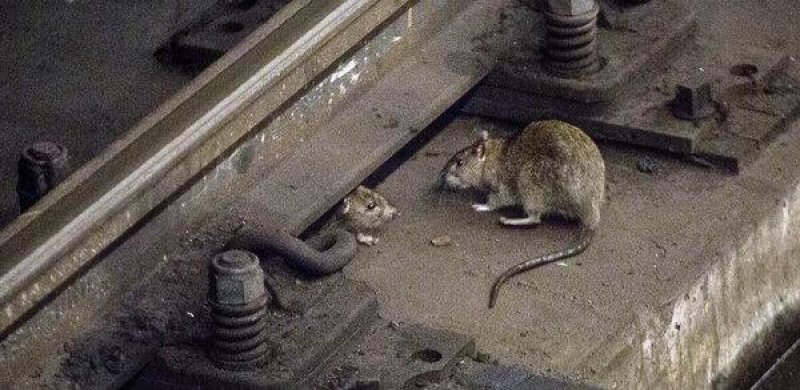[C]ities are having profound effects on their animal and plant residents. Globally, about 0.5 percent of Earth’s land area is urbanized, including 1.2 percent of North America and 2.3 percent of Europe, according to one 2015 analysis of satellite maps of nighttime light. As researchers are realizing that evolution can, and regularly does, happen at a much faster pace than previously thought—on the order of decades and centuries rather than millennia and eras—they are beginning to observe the effects of this global urbanization on species’ genetic makeup. Biologists now know that cities not only influence factors driving nonadaptive change, via such evolutionary processes as genetic drift and gene flow, but present a suite of special selection pressures for species living there, promoting adaptation too.
The study of this so-called urban evolution “is an area that’s rapidly gaining momentum,” says Marc Johnson, an evolutionary ecologist.
…
He and a colleague reported in 2017 that the number of published studies on how species are evolving in the city had more than doubled in the preceding five years. Urban environments, he says, are seen by many as an exciting new playground for research into evolution in action. “From an evolutionary biologist’s point of view, this is a massive, unplanned experiment. . . . It became this idea of a very powerful way to study evolution across the globe, replicated thousands of times.”
Read full, original post: Cities Can Serve as Cauldrons of Evolution































